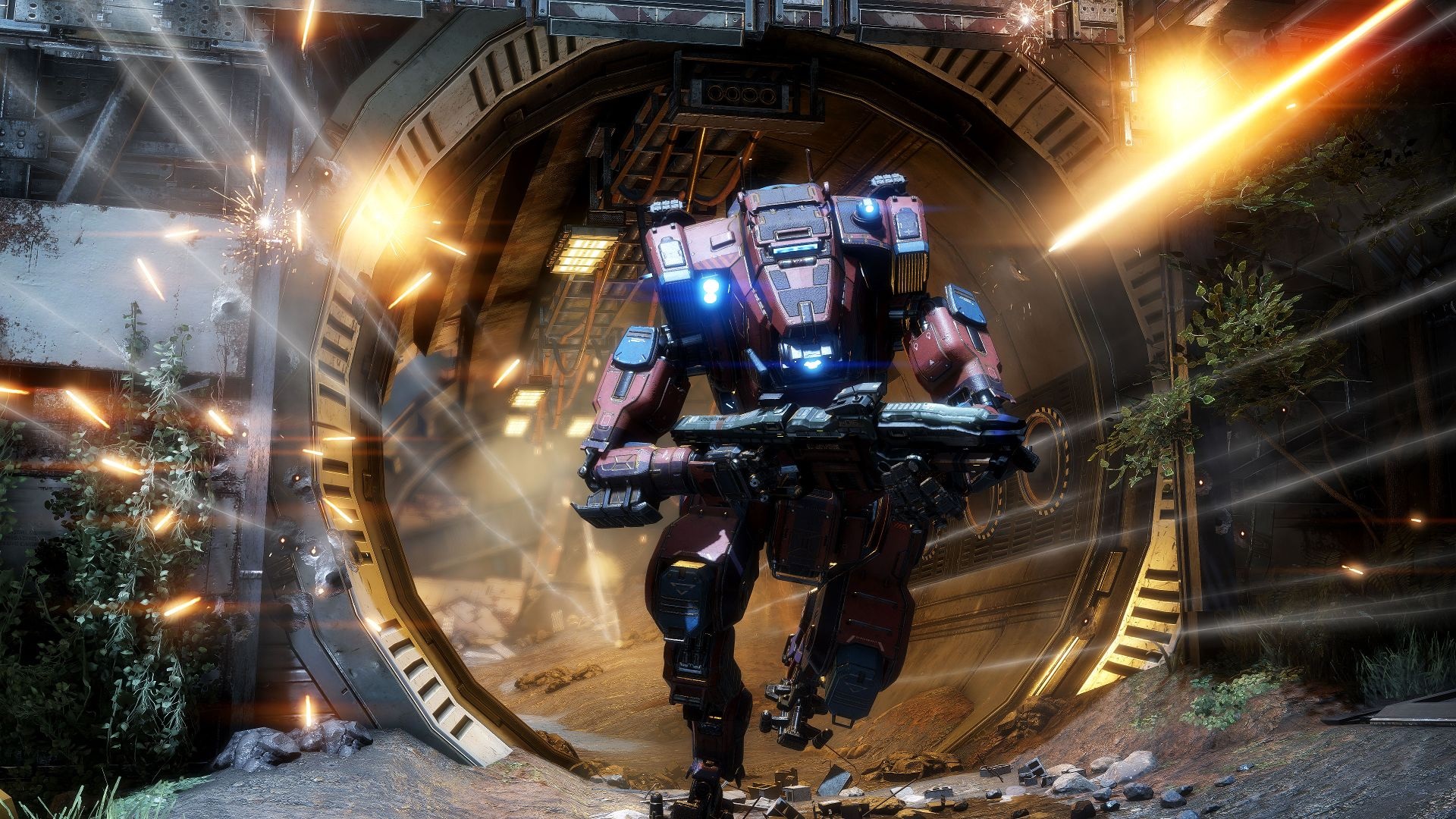The cyberpunk Stray game is available and it’s amazing. As Nat Smith writes in our Stray review, it’s “a polished narrative experience with an emotional and challenging core” whose “choice of the lead feels serious, not trivial.” Like other games published by Annapurna Interactive, Stray doesn’t last very long: it’s a game you can finish in about five hours if you don’t spend a lot of time scratching mats.
This relatively short game time has made Stray the target of common complaints when running short games; in particular, the number of hours required to complete the game is not enough to justify its price (currently $29.99 / £23.00 on Steam). A game with a short run time is worth less than a game that takes several hours to complete, the reasoning goes, and you can work out the approximate relative value of a game by dividing the price by the number of hours of play you can expect from it.
I don’t like this calculation because it ignores all the elements of games that make them different from each other or from other forms of entertainment. If cost and time are the only relevant variables, where is it in art or innovation? An hour spent playing Ghost Recon Breakpoint is no different than an hour spent playing Stray, The Outer Wilds, Journey, Limbo, or Brothers: A Tale of Two Sons. Under this heading, all of these games boil down to simple “content” whose sole purpose is to fill time; the only question is which game offers the most hours of content per dollar.
It hurts me to hear people say that about games. For me, it’s like reducing a virtually limitless art form to meaningless entertainment, a replacement for an absent way of life. Reducing games to confusing hours of content seems like a pretty blatant disservice to gaming and the very concept of free time.
This is the attitude that the biggest game publishers have been trying to exploit for the last decade. More hours of direct play mean more value for companies like Ubisoft, which have found that getting players to spend more time in the game increases the likelihood of “ongoing player engagement,” a term Ubisoft uses in financial statements to refer to things. such as microtransactions and DLC.
However, I don’t think everyone considering some sort of watch-to-price ratio is oblivious to the quality of the games they play or indifferent to how they spend their time. Given the limited budget that can be spent on entertainment each month, it may be reasonable to determine how much leisure time will be devoted to hobbies. It’s not a misleading way to gauge a potential purchase, especially for those who find money harder to come by than free time.

But there’s a big difference between a game that doesn’t fit into your monthly budget and one that doesn’t. A “short” game like Stray might be the perfect length for what it’s supposed to be, but might not be compatible with a person’s entertainment needs. If I have to transport a piano across the country, the Mazda RX-8 would be a poor choice. for me do when choosing a car to work with, but that alone doesn’t make the RX-8 a bad car (it does make a stock engine).
If transporting a piano was important to me, I would choose the best car to rent or buy. Similarly, if someone’s important consideration in choosing a game is to spread entertainment purchases over a large amount of free time, that person’s job is to make sure the game does that, not the game developers. to meet that particular need in every game they create.
Thing is, these are personal considerations, not a review of the game. Of course, the game can be too short: maybe it doesn’t take enough time to establish its characters, or it crosses an emotional moment too quickly. Maybe it introduces new mechanics, but never gives you a chance to experience them.

This is certainly not the case with Stray, who wisely refuses to extend his hospitality. It’s also worth noting that, at the time of this writing, BlueTwelve’s short chat game has “overwhelmingly positive” reviews on Steam, with 97% of user reviews rating it positively.
Still, it’s worth keeping in mind the next time a small studio releases a game that was finished in a few hours, as complaints about the game not costing that much because it’s “too short” are sure to come back. . It’s hard to imagine how Titanfall 2’s intense single-player campaign, Journey’s beautiful and heartwarming adventure, or the game about a little cat helping sad robots in a forgotten cyberpunk city could be bettered simply by expanding them to a dozen or so next. extra hours. Will Gris or Metal Gear Rising: Revengeance improve in any way by adding a battle pass to encourage us to play them again and again?
If you want a game that will keep you entertained for a long time, this is perfect. But that doesn’t mean these beautiful short games need to be tweaked, and it’s worth considering the quality of those tens or hundreds of hours that many modern games often require – the value of a game can never really be reflected in a simple dollar-per-play report. hour.
Think of it this way: You’re probably not going to choose a hot bath full of runny thongs over a pitcher of fresh-squeezed lemonade just because you’re out of it, right?
Source : PC Gamesn

